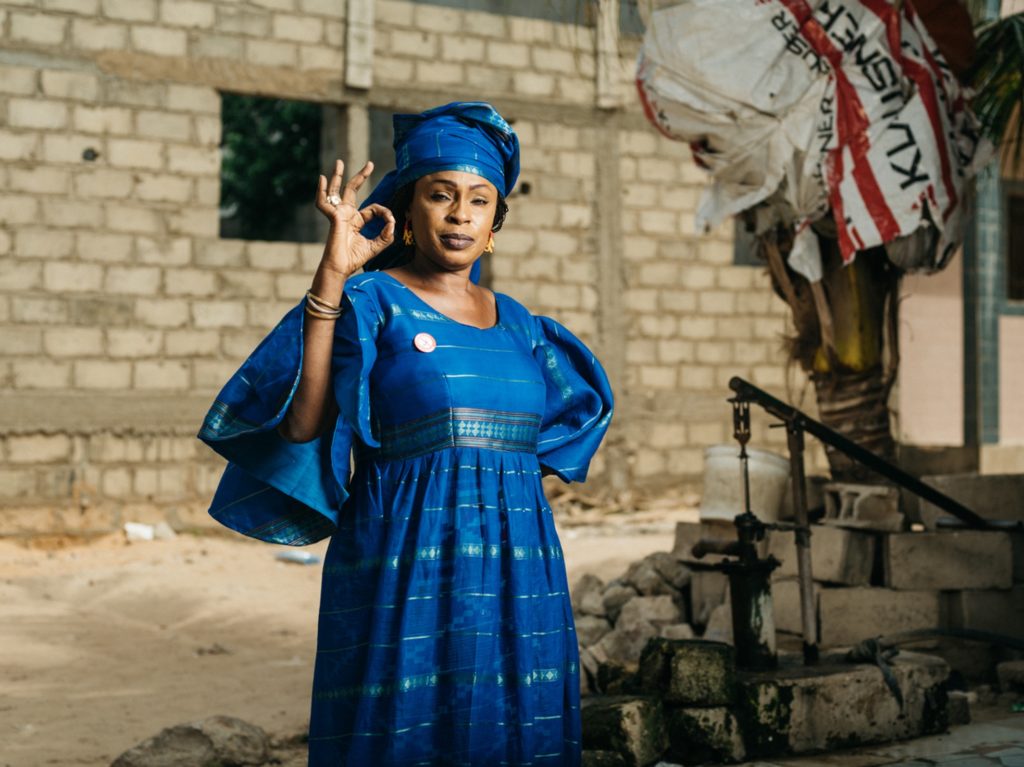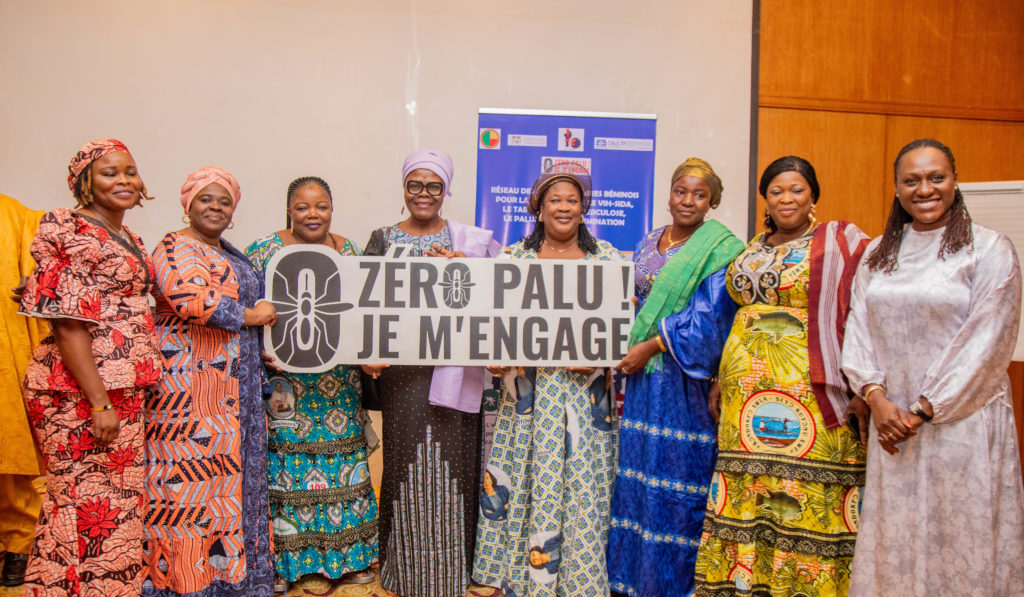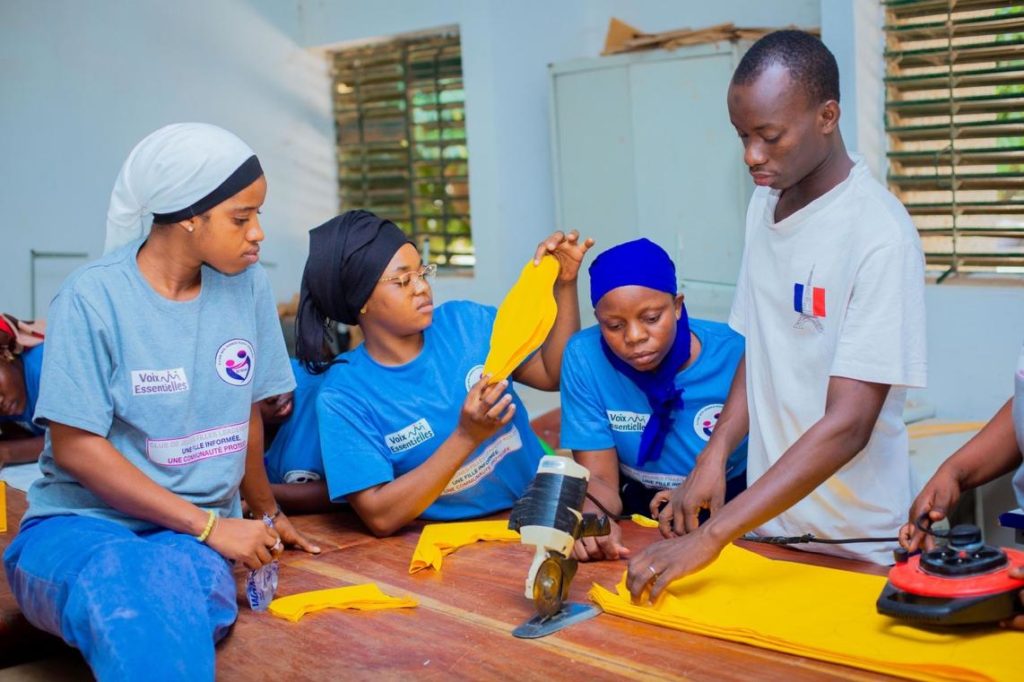The time is now: Africa can no longer afford to wait for the elimination of malaria and neglected tropical diseases (NTDs)
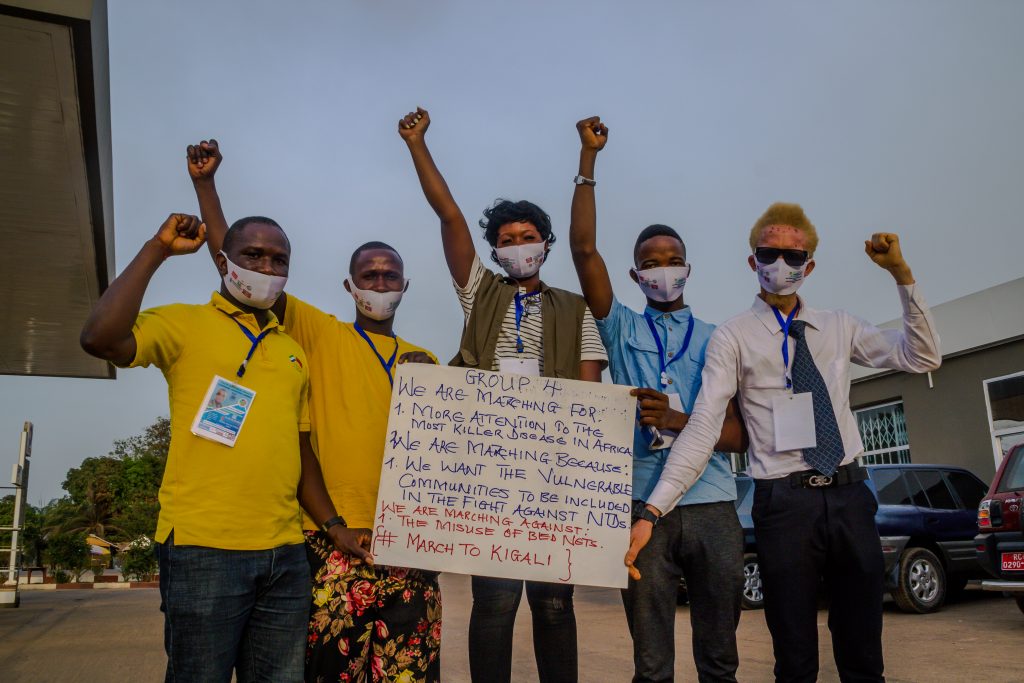
An open letter by the March to Kigali campaign, a civil society coalition backed by over 300 supporters, urges global leaders at the Kigali Summit on malaria and NTDs, to accelerate efforts to eliminate these entirely treatable and preventable diseases. With less than 10 years left to achieve the global sustainable development goals (SDGs), the time is now.
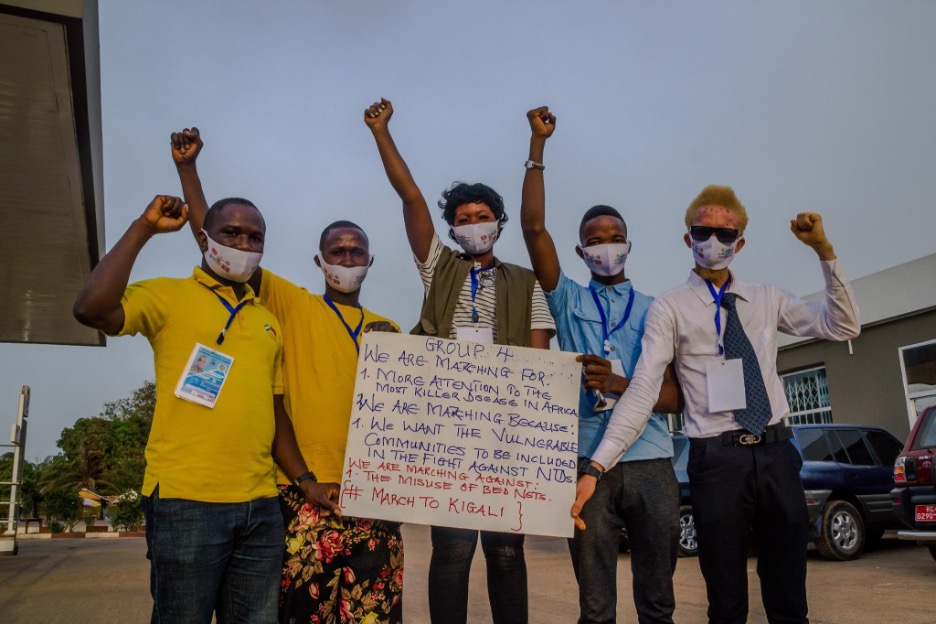
Health systems across Africa face significant setbacks, including inadequate human resources, poor resource allocation to health, poor maintenance of healthcare system infrastructure and lack of political will. These challenges disproportionately affect the most vulnerable members of our society and are a significant obstacle to Africa’s economic and social development. The case of malaria and Neglected Tropical Diseases (NTDs) exacerbates such challenges. But limited attention and global health prioritization continue to stifle efforts to eliminate these treatable and preventable diseases today.
Health data shows Africa accounts for over 40% of the global burden for NTDs, which affect 1.5 billion people worldwide. When it comes to malaria, the continent also accounts for over 90% of global malaria deaths. Furthermore, 79% of African countries are co-endemic for at least 5 NTDs, a diverse group of 20 conditions. Malaria kills an African child every two minutes, with at least 80% of deaths amongst children under five. The COVID-19 pandemic worsened this dire situation, with WHO attributing more malaria cases and deaths in 2020 on the continent due to the pandemic’s disruptions and further strain on health systems. These two diseases can also reverse past gains in controlling other diseases like AIDS and tuberculosis, which are already a massive burden to the continent.
Against this backdrop, we launched the March to Kigali campaign with the support of Speak Up Africa on World Health Day in March 2021. This campaign, led by like-minded civil society organizations across Africa, and supported by over 300 more civil society organizations, media houses, and individuals, demand that our leaders prioritize the elimination of malaria and NTDs. This call-for-action is within the context of the Kigali summit on Malaria and NTDs taking place alongside the Commonwealth Heads of Government Meeting (CHOGM) on 23 June 2022.
The March to Kigali aims to stimulate political, private sector, civil society, and youth engagement and secure commitments from national and sub-national stakeholders to end these treatable diseases by 2030 in line with the Sustainable Development Goals (SDGs). Furthermore, we want to see the successful replenishment of US$18 billion for the Global Fund to get the world back on track to building resilient and sustainable systems.
Since these diseases impact everyone in Africa, the March to Kigali campaign also targets non-Commonwealth countries in Africa, such as Guinea, Senegal, Benin, and Burkina Faso. The pan-African campaign grew organically from the existing partnerships and platforms of the « No to NTDs » and « Zero Malaria Starts with Me » movements, all aimed at ending the adverse effects of these treatable diseases on the continent.
Organizations across the continent have made incredible strides in increasing public awareness and engagement on malaria and NTDs by bringing communities together for collective action and mobilizing society to articulate demands and voice concerns at local, national, regional and international levels. Additionally, continental-wide activities such as media campaigns, workshops and training for health workers, and donation of malaria rapid testing kits have provided an opportunity to garner local and global attention to accelerate action to end these preventable and treatable diseases across Africa.
However, with less than ten years left to achieve the SDGs, we believe the time is now for global leaders at the Kigali Summit to commit to and accelerate action to eliminate malaria and NTDs and prioritize domestic resource mobilization to achieve 2030 WHO NTD Roadmap on NTDs.
We firmly believe that accelerated actions should also focus on integrating malaria and NTDs control and elimination programs and initiatives. Amid the various strains on our health systems, multi-disease solutions can improve the efficiencies in healthcare systems financing on the continent, with opportunities for integration or convergence interventions already existing. In West Africa, Senegal’s National Malaria Control Program demonstrates this integration by rationalizing efforts and costs to collect data on NTDs and malaria.
We make it to the Kigali Summit after 13 months, with the unwavering support of over 300 civil society organizations and individuals who have also signed the « March to Kigali » campaign call-to-action to prioritize the fight to slow and prevent the spread of NTDs and malaria in Africa. We call on governments, civil society organizations and the private sector to work to implement all these necessary actions to protect Africans from NTDs and malaria.
Signed
- Dame Ndiaye, Executive Director, ANJ, Senegal
- Dr Charity Binka, Executive Secretary, African Media and Malaria Research Network (AMMREN), Ghana
- Dr. Odry Agbessi, President, VIA-ME, Benin
- Ida Savadogo, Technical Assistance Program Manager, RAME, Burkina Faso
- James Wallen, Malaria Program Officer, Speak Up Africa
- Kenneth Prudencio, Advocacy manager, ASAPSU, Côte d’Ivoire
- Kodah Moses Sorie, Executive Director, NAYE-Salone, Sierra Leone
- Oumarou Mahamadou, Program Coordinator, CDR (Contribution au Développement Rural), Niger
- Papa Momar Touré, Vaccination and NTDs Program Officer, Speak Up Africa
- Salomon Yedidya Dopavogui, Directeur Exécutif, Jeunesse Secours, Guinée
- Yaou Moussa, Responsable de Programme, Lafia Matassa, Niger
- Zeinabou Idé, Chargée de Programme Plaidoyer, Impact Santé Afrique, Cameroun
- Zoungrana Irene, Directrice Exécutive, Nouvelle Vision, Burkina Faso
